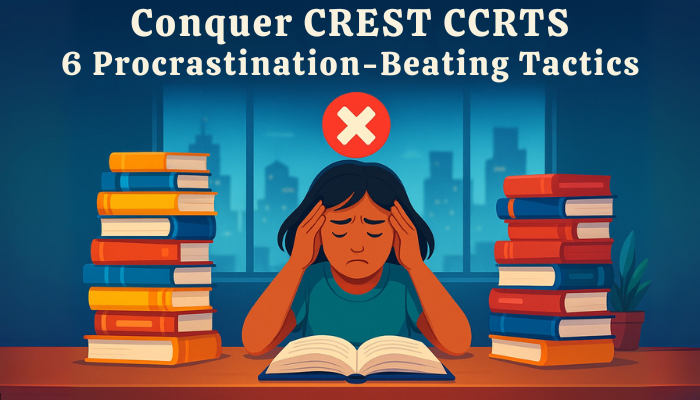
Preparing for the CREST Certified Red Team Specialist (CCRTS) exam can feel overwhelming, especially when procrastination creeps in and steals your focus. If you find yourself pushing off critical study sessions, know that you're not alone — but delaying your preparation could seriously hurt your chances of success. This guide provides practical, expert-backed strategies to help you overcome procrastination and confidently master the CREST CCRTS exam syllabus.
Unlock the untold advantages of earning your CREST CCRTS certification—beyond just passing an exam. Discover how it elevates your cybersecurity credibility and career prospects.
What You Need to Know About the CREST CCRTS Exam
The CREST Certified Red Team Specialist (CCRTS) is a highly respected certification designed for professionals aiming to prove their expertise in red team operations and adversarial simulation. The exam tests a blend of technical skills and soft skills essential for conducting realistic, ethical red team engagements.
Exam Duration: 60 minutes
Number of Questions: 60
Passing Score: 66%
Exam Fee: $400 (USD)
The CCRTS syllabus covers crucial areas such as reconnaissance, implants, initial access, lateral movement, privilege escalation, evasion techniques, and command and control. Mastery of these topics is essential for passing this rigorous exam.
For a detailed syllabus breakdown, visit the official CREST Certified Red Team Specialist syllabus.
Understanding Procrastination and Its Impact on CREST CCRTS Preparation
Procrastination is the habitual delay of necessary tasks despite knowing the negative consequences. When preparing for a demanding exam like the CREST CCRTS, procrastination manifests as pushing study sessions aside, avoiding practice tests, or endlessly researching without structured learning.
Why is procrastination so detrimental? It causes:
Increased stress and anxiety
Last-minute cramming with poor retention
Missed opportunities to deeply understand complex topics like implants and lateral movement
Lower confidence levels on exam day
If procrastination dominates your study habits, your CCRTS preparation could fall short, jeopardizing your certification goals.
Why Procrastination Can Derail Your CCRTS Success
The CCRTS exam demands precision, sharp technical skills, and strategic thinking. Unlike exams focusing solely on theory, this one tests your ability to apply knowledge under time pressure.
Delaying study efforts:
Cuts down essential revision time
Reduces exposure to challenging CCRTS questions and scenarios
Hampers mastery of the nuanced soft skills critical in assessment management
Limits practice on core technical skills necessary to tackle evasion and command & control topics
Ultimately, procrastination forces you into reactive rather than proactive preparation, severely limiting your chance to pass with confidence.
Effective Strategies to Beat Procrastination and Excel in CREST CCRTS Prep
You can conquer procrastination with intentional tactics designed for exam-focused professionals. Here are six powerful tips to keep you on track for your CREST Certified Red Team Specialist journey:
1. Break Your Study Plan into Manageable Milestones
Tackling the entire CCRTS syllabus at once is intimidating. Divide your preparation into smaller, focused milestones aligned with the exam topics such as reconnaissance, implants, and lateral movement. Set daily or weekly goals.
For example:
Week 1: Master Reconnaissance and Soft Skills
Week 2: Deep dive into Initial Access and Privilege Escalation
This approach creates achievable targets that reduce overwhelm and provide a sense of progress, motivating you to keep going.
2. Use Timed CCRTS Practice Tests to Simulate Exam Conditions
Practicing under exam-like conditions helps you avoid procrastination traps. Allocate fixed time slots to take CREST CCRTS practice tests, focusing on 60 questions in 60 minutes. This technique builds familiarity with the exam structure and helps identify areas needing improvement.
Check out trusted practice tests at EduSum CCRTS practice test to sharpen your readiness.
3. Eliminate Distractions During Study Sessions
Create a distraction-free environment tailored for focused CCRTS prep. Turn off unnecessary notifications, close unrelated tabs, and avoid multitasking during study hours.
Using tools like website blockers during study time ensures your attention remains on critical topics such as evasion techniques and command and control strategies, making each session more productive.
4. Harness the Power of Accountability Partners or Study Groups
Partnering with peers or joining a CCRTS study group fosters accountability and motivation. Sharing progress, discussing difficult CCRTS questions, and teaching concepts to others reinforce your learning and reduce the urge to procrastinate.
Engaging with a community passionate about becoming CREST certified keeps you energized and focused.
5. Schedule Regular Breaks and Reward Milestones
Avoid burnout by incorporating short breaks into your study plan. Use techniques like the Pomodoro method (25 minutes study, 5 minutes break) to maintain high focus levels.
Reward yourself after completing major milestones, like finishing the core technical skills section. Small rewards — a favorite snack, a walk, or a leisure activity — condition your brain to associate study with positive outcomes, diminishing procrastination.
6. Visualize Your Certification Success and Career Impact
Visualizing passing the CREST CCRTS exam and the career opportunities it unlocks can create a strong emotional drive to beat procrastination.
Imagine the confidence of earning the CREST Certified Red Team Specialist title, the respect in your professional network, and new job prospects. This emotional connection creates urgency and reinforces commitment to consistent preparation.
Frequently Asked Questions About CREST CCRTS Exam and Procrastination
Q1: How difficult is the CREST CCRTS exam?
A: The CCRTS exam is challenging and tests practical red team skills. Consistent study and practice tests can significantly increase your chances of success.
Q2: Can I take CREST CCRTS practice tests online?
A: Yes, platforms like Edusum offer online practice exams that simulate the actual CCRTS test environment.
Q3: How long should I prepare for the CREST CCRTS exam?
A: Preparation time varies but typically ranges from 2 to 4 months with focused daily study and regular practice tests.
Q4: What topics does the CCRTS syllabus cover?
A: Key topics include soft skills, reconnaissance, implants, initial access, lateral movement, privilege escalation, evasion, and command and control.
Q5: How do I avoid procrastination during CCRTS preparation?
A: Use structured study plans, timed practice tests, accountability partners, and positive reinforcement strategies to stay motivated and on schedule.
Final Thoughts: Take Control of Your CREST CCRTS Exam Journey
Procrastination can silently sabotage your CREST Certified Red Team Specialist aspirations. But with a strategic approach, you can take control of your study habits, transform stress into confidence, and pass your CCRTS exam with flying colors.
Start by creating your personalized study roadmap and leverage trusted resources like the official CREST CCRTS exam page and Edusum practice tests to build your knowledge and test readiness.
Remember, every minute you spend preparing today brings you closer to your certification goal and professional growth. Don’t wait.
Begin your focused CCRTS exam preparation now and beat procrastination before it beats you.

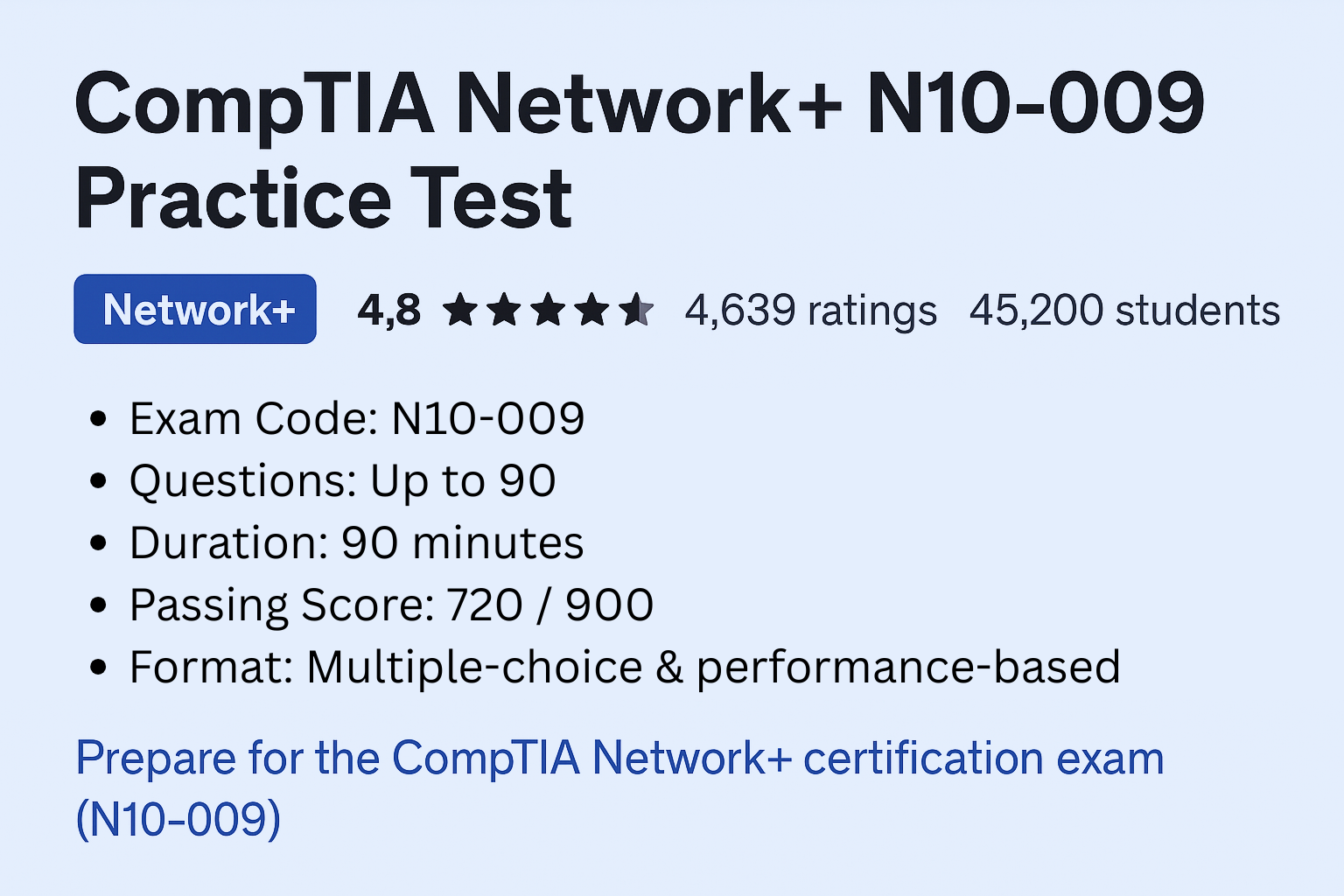
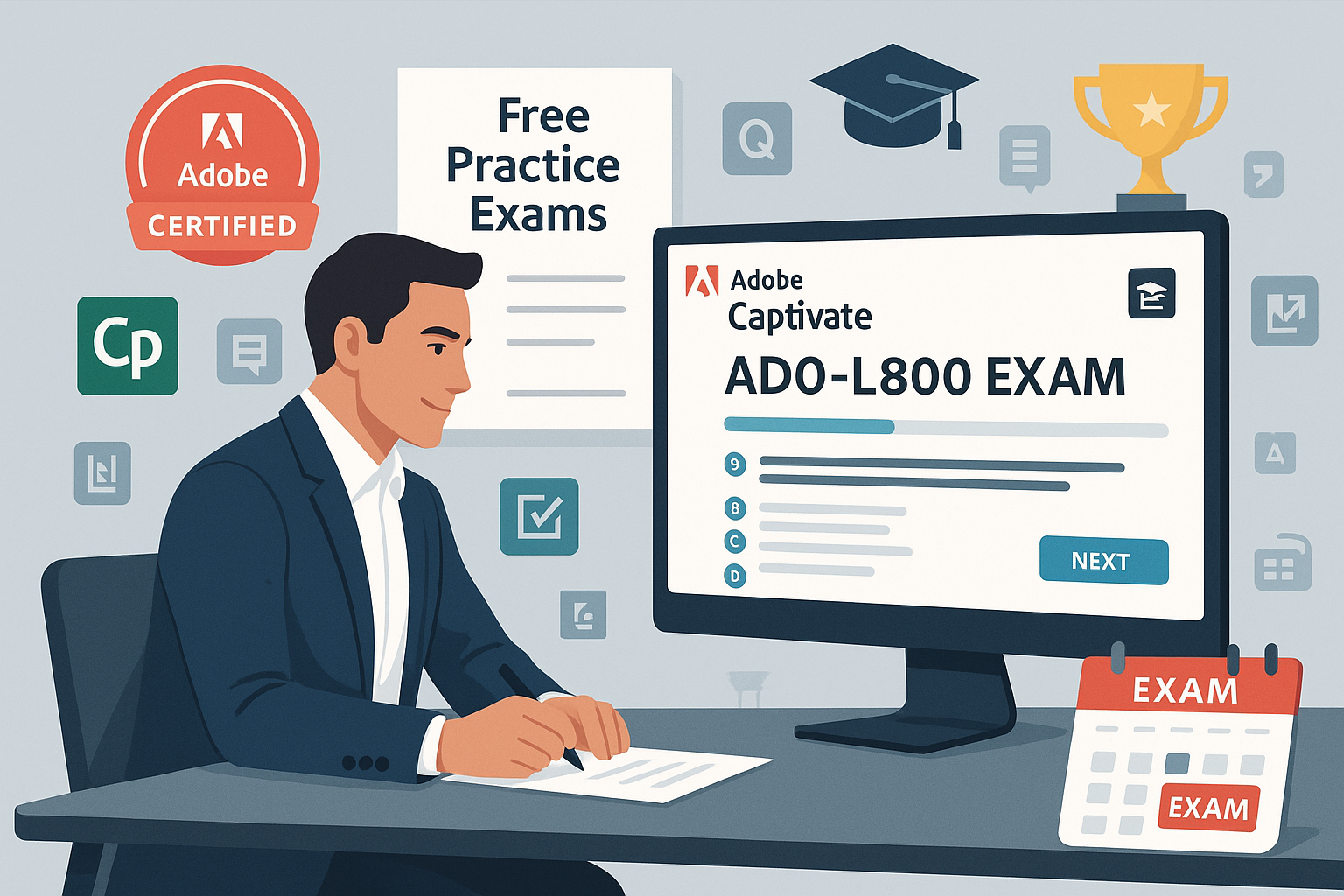
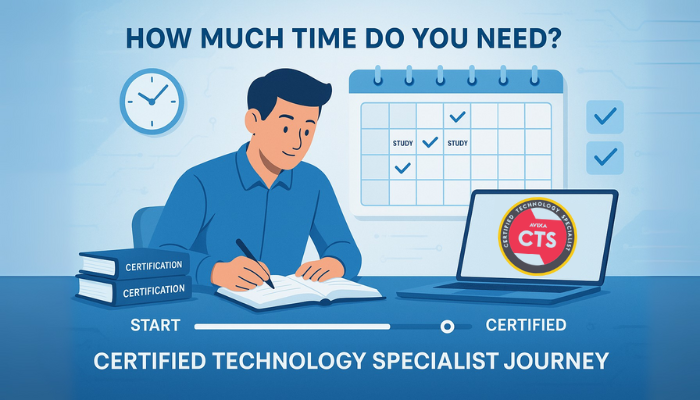
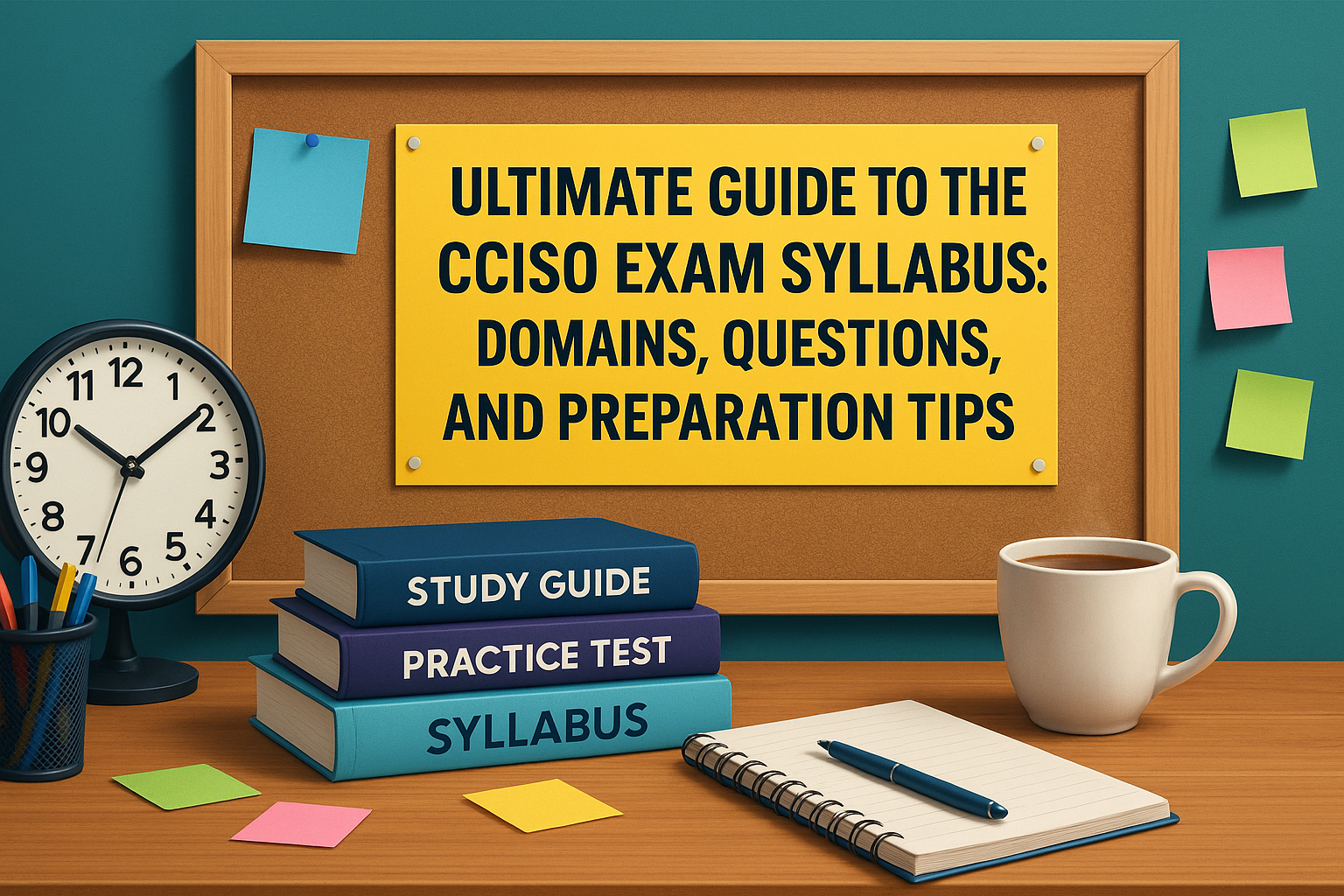
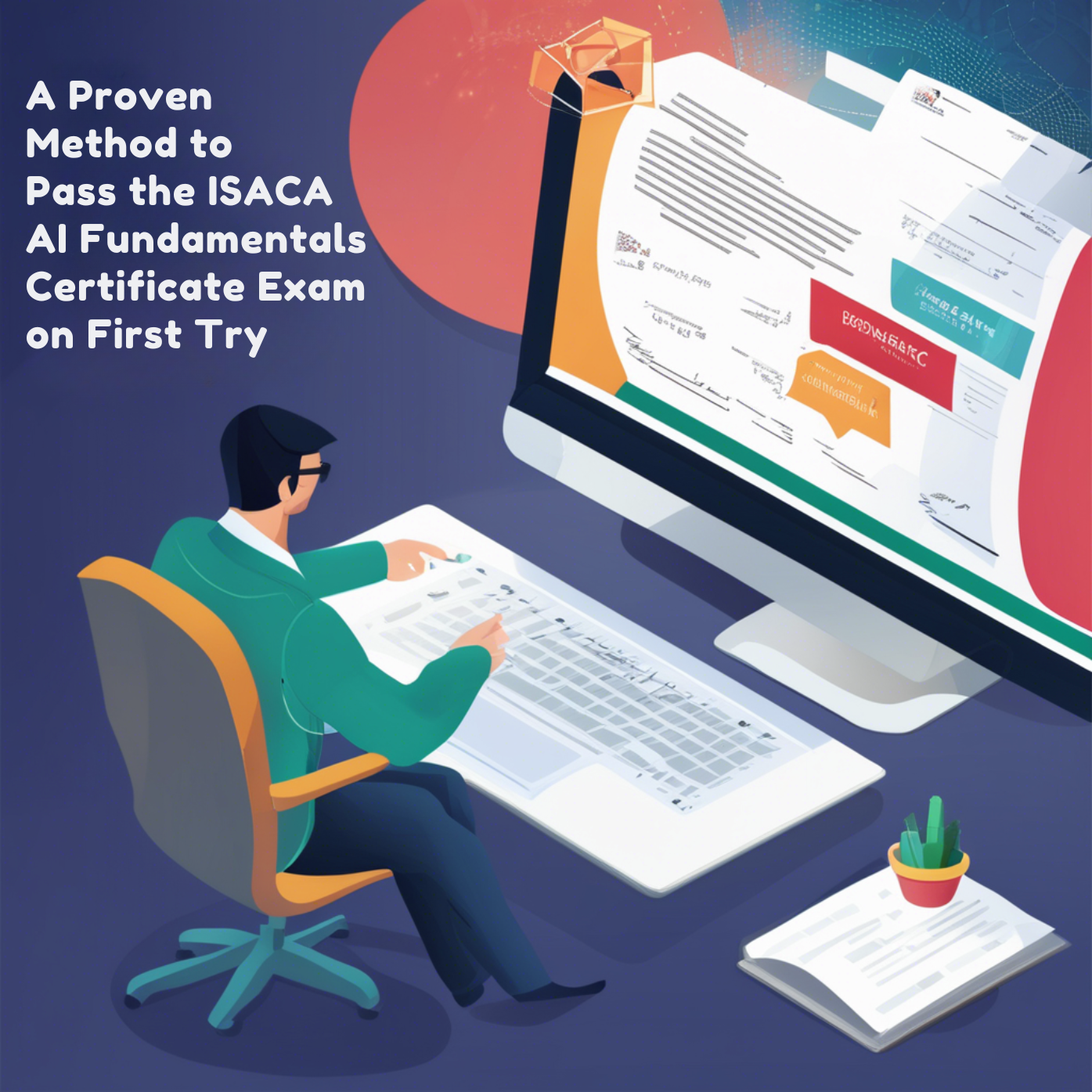
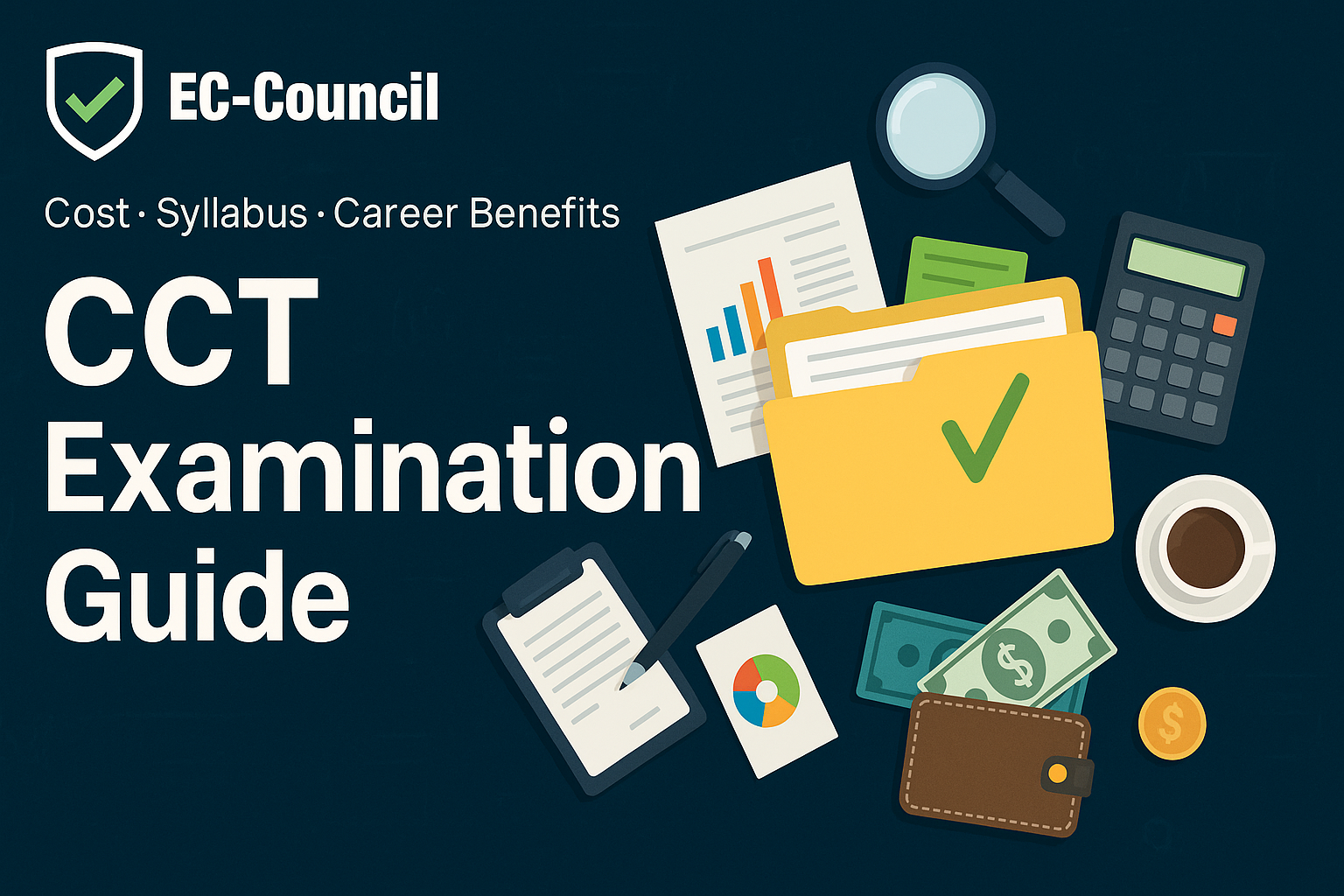

Write a comment ...